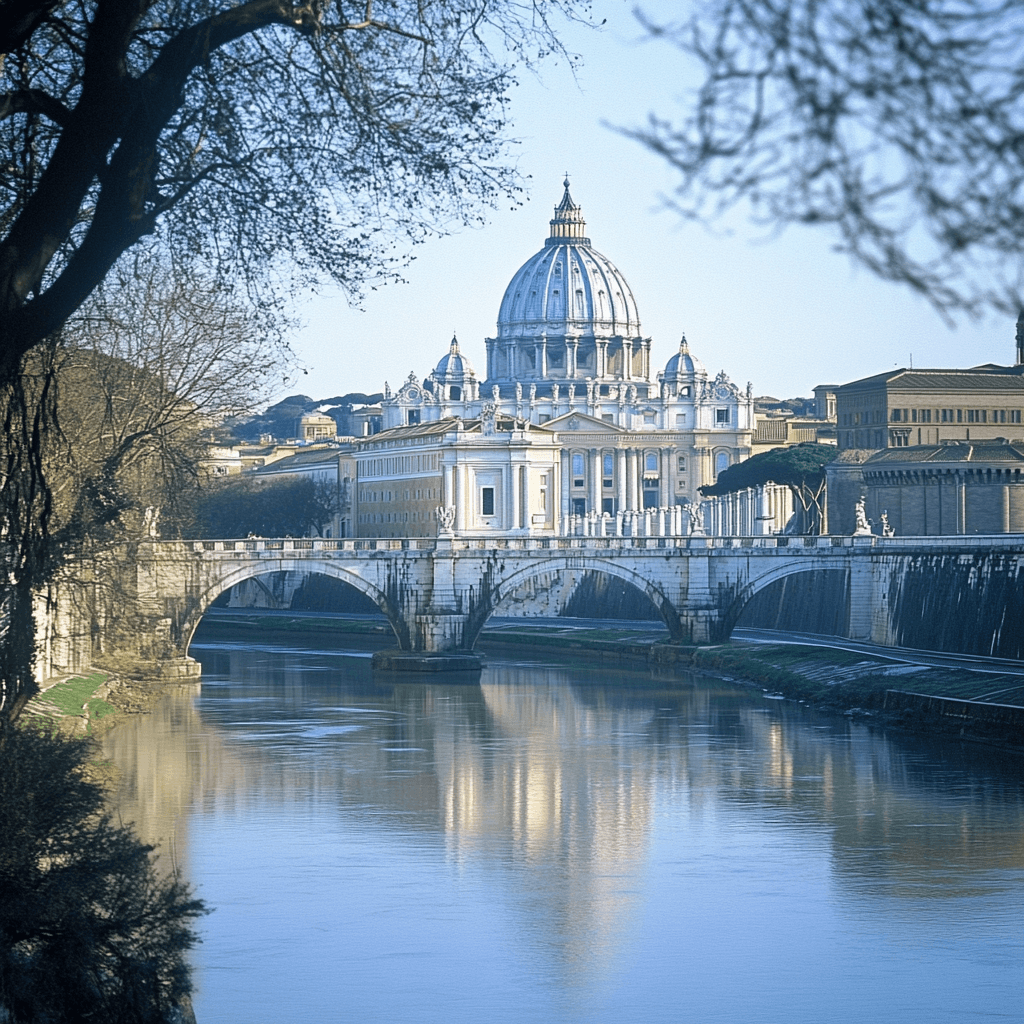
Amidst the solemn backdrop of Pope Francis’ funeral at St. Peter's Basilica in Rome, a glimmer of diplomatic progress emerged as President Donald Trump and his Ukrainian counterpart, Volodymyr Zelensky, engaged in what was described as a "very productive discussion" early Saturday morning. The White House communications director, Steven Cheung, confirmed the private dialogue between the two leaders but withheld specific details of the conversation.
The encounter, captured in photographs and shared by Zelensky’s office, depicted the two presidents in deep conversation without the presence of aides, suggesting a direct and personal attempt to bridge gaps. Following the meeting, Zelensky took to social media to convey a sense of optimism about the outcomes of their exchange. In his post, he highlighted their focus on protecting lives and achieving peace, along with ensuring a lasting ceasefire that could prevent future conflicts. He acknowledged the meeting's symbolic significance and potential to be historic.
Both parties agreed to continue their discussions, marking a departure from their last interaction in February, which had ended on a sour note. During that encounter, Zelensky’s comments on the potential national security threats to the United States, should Ukraine not be defended adequately, provoked a sharp response from Trump resulting in the abrupt termination of talks. Zelensky’s office had also previously failed to follow through on signing an economic deal on Ukraine’s minerals sector, despite assurances, adding to the Trump administration’s frustrations.
"The discussion is seen as a crucial step toward resolving the ongoing conflict and securing a peace agreement."
However, the Rome meeting appears to be a pivot towards resumed negotiations. Trump had announced intentions for the administration to engage in talks with both Russia and Ukraine over the weekend, emphasizing an urgency to reach a deal and end the conflict. His social media posts reflected dissatisfaction with Zelensky’s unfulfilled promises on an agreement concerning rare earths and minerals but also conveyed a desire for the immediate cessation of hostilities.
The tension between the two nations had been exacerbated by U.S. criticism of Zelensky’s remarks about Ukraine’s stance on Crimea and his declaration that Ukraine would never recognize Russian control over the territory. These comments led to the cancellation of U.S. officials' attendance at a separate set of talks in London, which concluded without an agreement.
Despite the setbacks, the Rome meeting signifies a potential thaw in relations and an openness to reinitiate high-level talks. It is seen as a vital step toward resolving the ongoing conflict and reaching a peace agreement that has eluded the parties involved so far.





